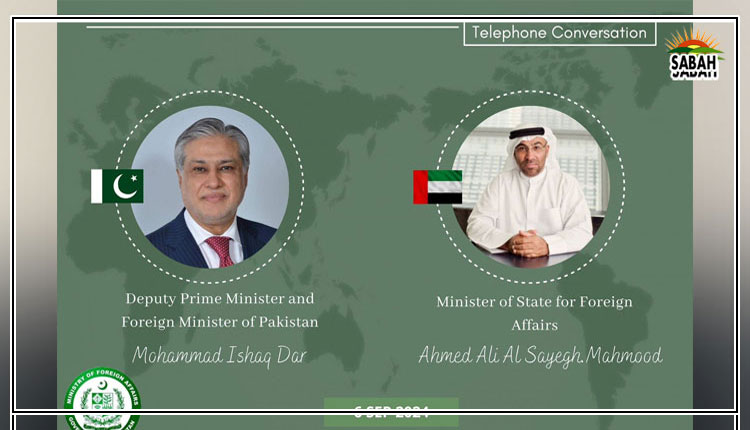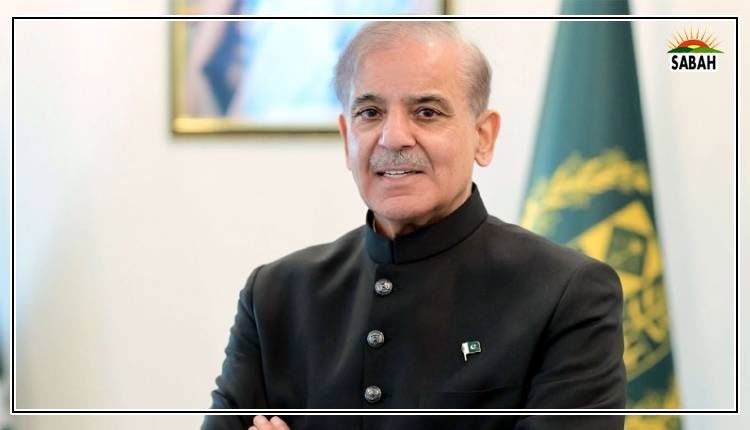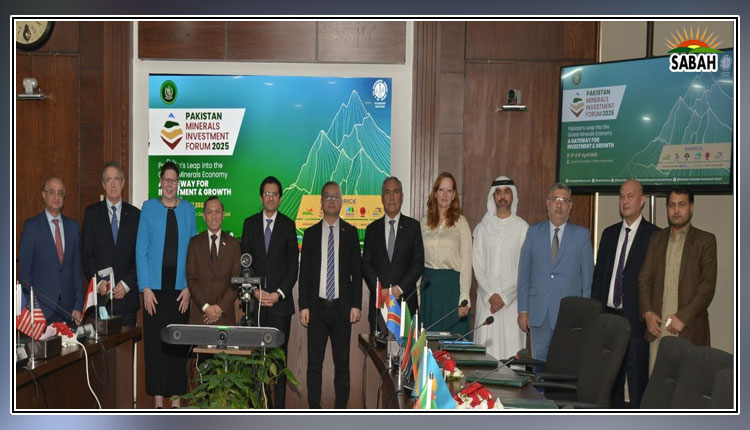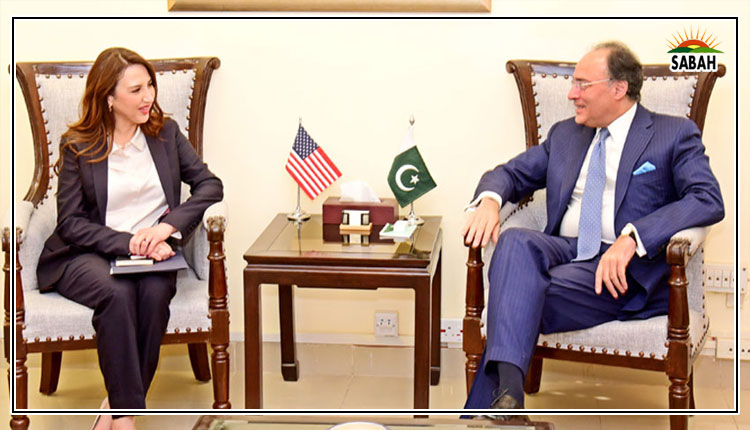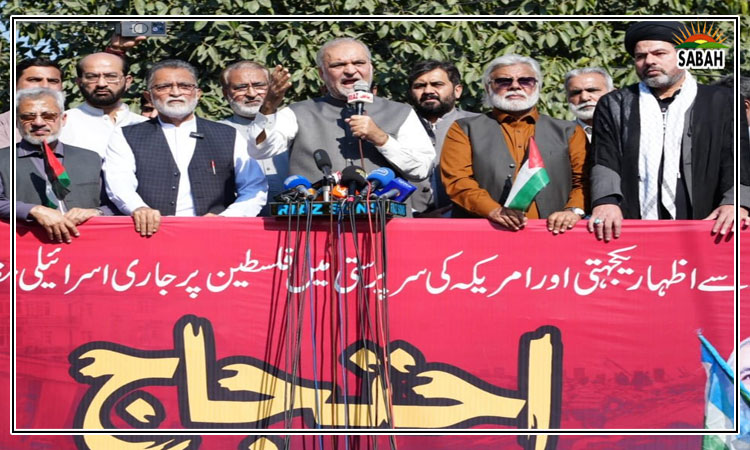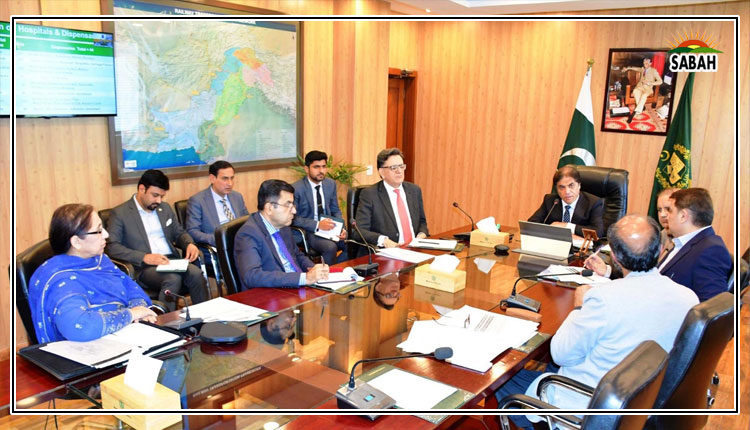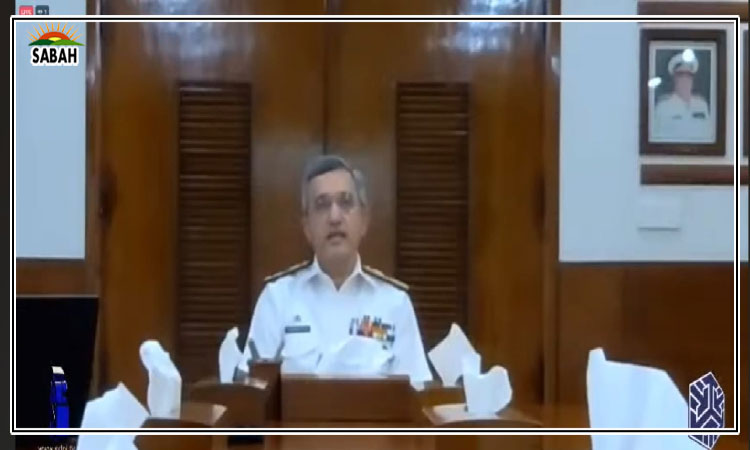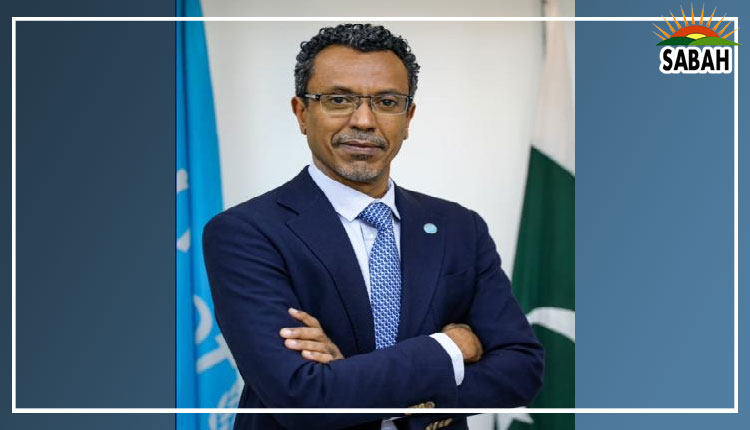Devastating floods in Pakistan claim lives of more than 500 children: Abdullah Fadil
ISLAMABAD, Sep 16 (SABAH): “The catastrophic floods in Pakistan have now claimed the lives of at least 528 children, according to the latest Government figures. Each and every one of these deaths is a tragedy that could have been averted” United Nations International Children’s Emergency Fund (UNICEF) Representative in Pakistan Abdullah Fadil said.
“The sad reality is that without a massive increase in support, many more children will lose their lives”. “I have been in flood-affected areas for the past two days. The situation for families is beyond bleak, and the stories I heard paint a desperate picture. All of us on the ground see malnourished children, battling diarrhoea and malaria, dengue fever, and many with painful skin conditions. A lot of the mothers are anaemic and malnourished themselves and have very low-weight babies. Mothers are exhausted or ill and are unable to breastfeed. Millions of families have been forced from their homes, now living with little more than rags to protect themselves from the scorching sun as temperatures in some areas pass 40 degrees Celsius” Abdullah Fadil said in a statement on Friday following his visit to Sindh Province.
“Many families have been forced to seek shelter on slivers of higher ground, often alongside roads putting children at risk, as lower land is covered by huge expanses of stagnant water, extending as far as the eye can see. The additional threats of snakes, scorpions and mosquitoes are ever-present” he said.
“An estimated 16 million children have been impacted by these ‘super floods’ and at least 3.4 million girls and boys remain in need of immediate, lifesaving support. Young children are living out in the open with their families, with no drinking water, no food, and no livelihood, exposed to a wide range of new flood-related risks and hazards – including from damaged buildings, drowning in flood waters and snakes. The vital infrastructure that children so rely on has been destroyed and damaged, including thousands of schools, water systems and health facilities” he said.
“Whilst the numbers of children lost in these floods continues to grow, UNICEF is doing everything we can to support children and families affected and protect them from the ongoing dangers of water-borne diseases, malnutrition and protection risks” Abdullah Fadil said.
“Relief and rescue operations are still extremely hard to carry out – many communities are still cut off by floodwater – still I was proud to see UNICEF, working closely with the Government and other partners, ensuring that children affected get the critical support they need as soon as possible. Yet it is clear that the needs are huge, and the response must rise to this challenge. A third round of UNICEF’s critical medical and humanitarian supplies – an additional 36 metric tons – are en route to Pakistan and expected to arrive in the coming days” Abdullah Fadil said.
“Many children will have already experienced shock and distress from having lost their loved ones, their homes and their cherished possessions. UNICEF is already providing psychosocial services to traumatized children and women. Children displaced in the floods told us that they are scared, and they are sad, but also that they are bored, left with little to occupy their days. We have set up temporary learning spaces to help bring back a sense of normalcy in children’s lives, help them cope with trauma and help them resume learning” he said.
“Girls and boys in Pakistan are paying the price for a climate disaster not of their making. As we respond to their urgent needs today, we must also begin looking at the months ahead and the need to rebuild the lives of these millions of vulnerable boys and girls – to ensure they are safe, healthy, well nourished, learning and preparing for their futures” Abdullah Fadil said.
It is worth mentioning here that the UNICEF works in some of the world’s toughest places, to reach the world’s most disadvantaged children. Across more than 190 countries and territories, we work for every child, everywhere, to build a better world for everyone.


